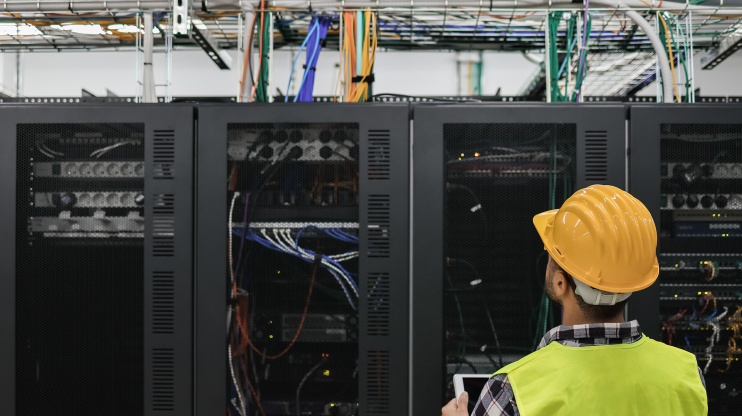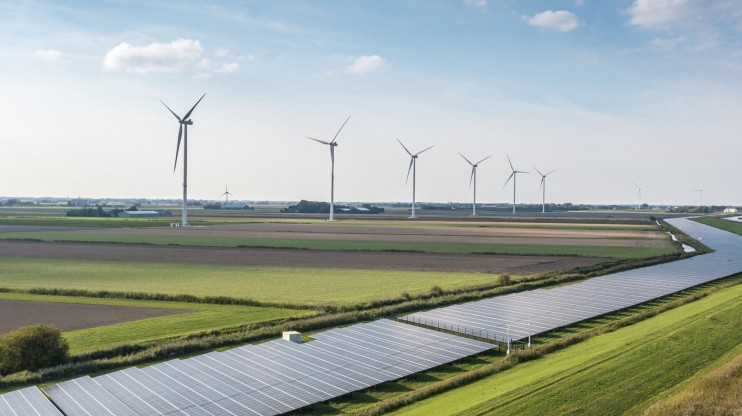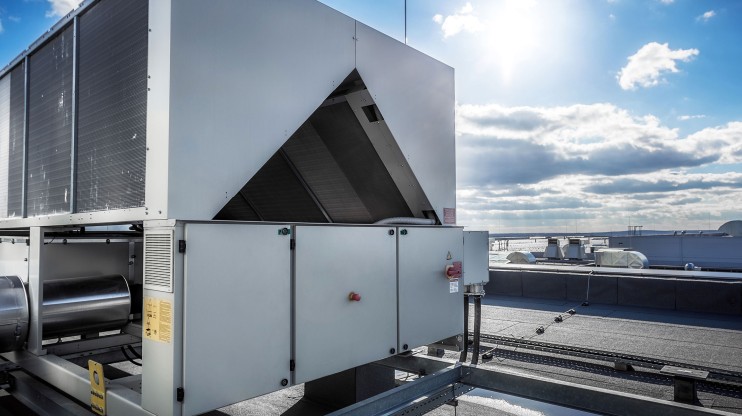
Best Practices in Airflow Management for Data Centers
Data centers are the backbone of modern business operations, and effective airflow management is crucial for ensuring optimal performance. However, facility managers overseeing legacy enterprise and multi-tenant data centers can encounter unique challenge






